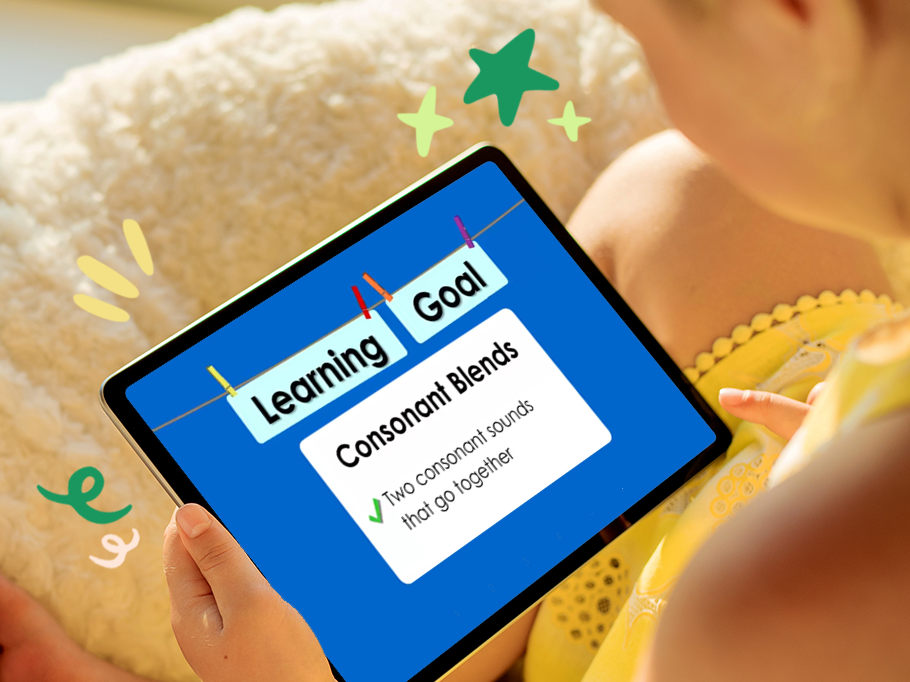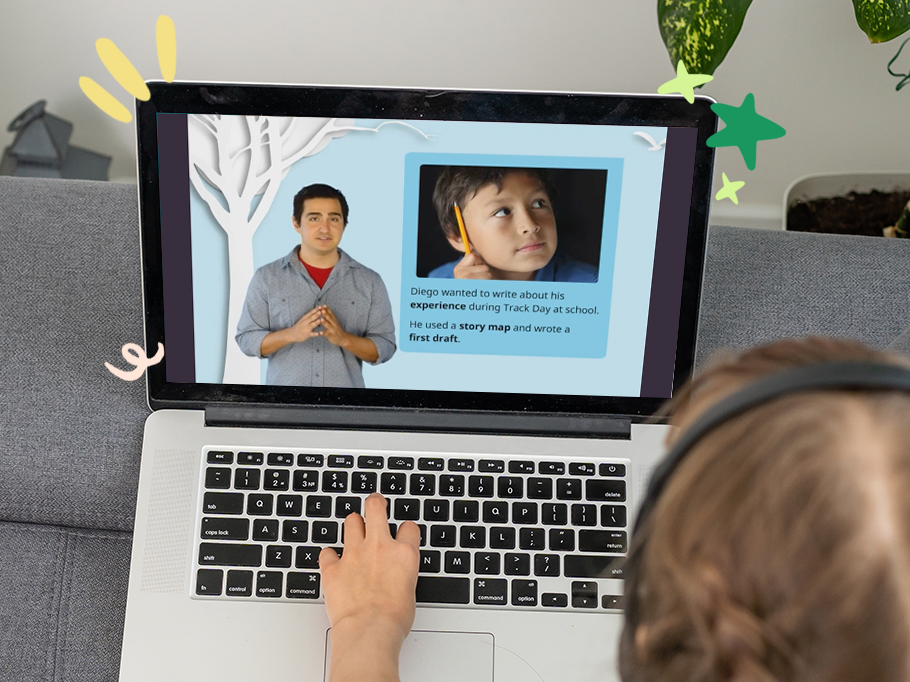How to homeschool in Colorado


Colorado homeschooling laws and options
We have done our best to ensure the accuracy of this information, however it should not be interpreted as legal advice. It is your responsibility to interpret and understand the laws that you will be homeschooling under.
How to start homeschooling with Time4Learning in Colorado
Time4Learning offers a comprehensive online curriculum that can support Colorado homeschooling families in meeting the state's educational requirements.
FPO lifestyle image



Colorado's high school graduation and diploma requirements

Standardized test requirements for Colorado homeschoolers

Applying to college as a homeschooler in Colorado


















